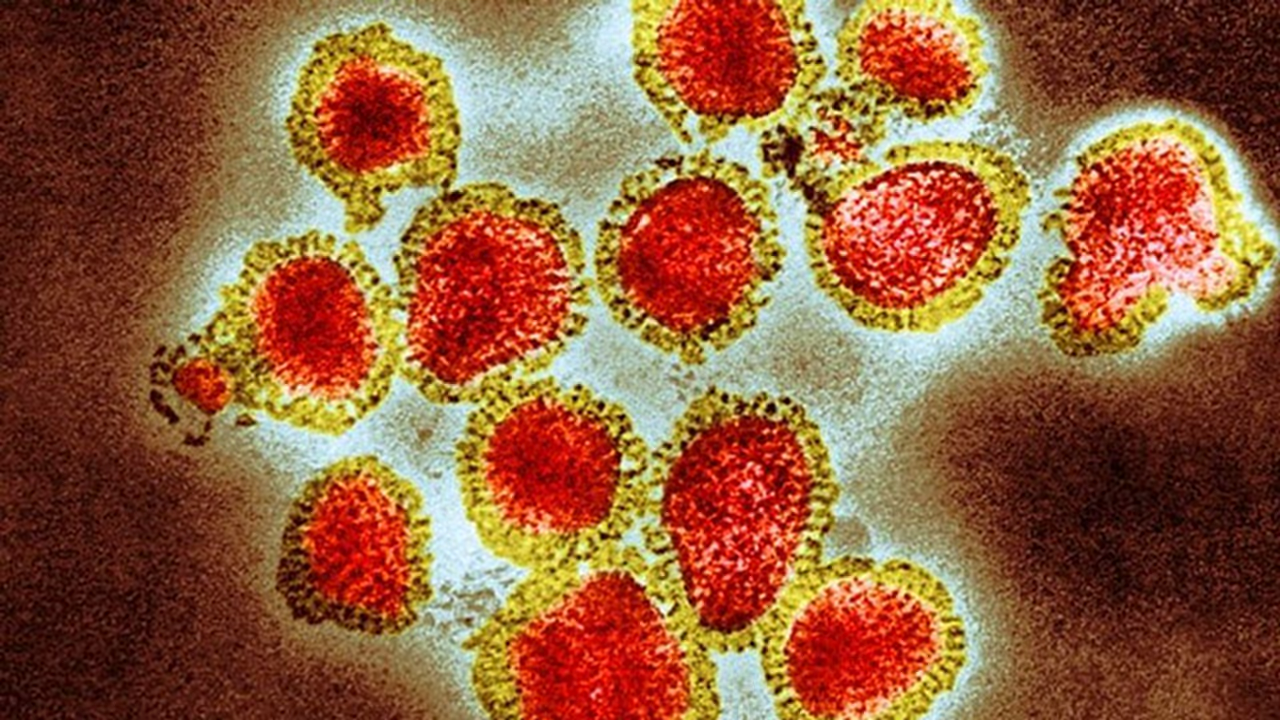A latest study revealed that a dangerous, rare yeast pathogen behind two outbreaks in a neonatal intensive care unit in Delhi is evolving quickly, and is highly resistant to disinfectants commonly used in hospital rooms.
A hazardous, uncommon yeast infection responsible for two outbreaks in a newborn intensive care unit in Delhi is rapidly growing and extremely resistant to disinfectants regularly used in hospital rooms, according to a research. The pathogen, Lodderomyces elongisporus, usually affects immunocompromised adults or intravenous drug users, however it has recently begun to infect preterm newborns.

While infected patients can be treated with antifungal medications, the yeast is remarkably resistant to the strong disinfectant bleach commonly used to sanitise hospital rooms, according to the findings published in the journal mBio.
The pathogen is rapidly changing and reproducing at a considerably faster rate than comparable diseases like Candida auris, a drug-resistant fungus that may cause chronic and severe infections as well as broad outbreaks.
While an outbreak of this magnitude is uncommon, invasive fungal infections in neonatal intensive care units are on the rise worldwide, according to the researchers.
According to the researchers, fungal sepsis caused by Candida species and other fungus has become a serious cause of sickness and mortality in already fragile preterm, low birth-weight neonates.
Clusters of infection occurred in the Delhi outbreaks in the fall of 2021 and early 2022. Despite frequent deep cleaning in the intensive care unit, 10 newborns were infected over a six-month period, according to the study.
Also Read | Juice will not detect life on Jupiter but would assess chance of life
Previously, the scientists discovered that fungicide-treated apples might be transmitting drug-resistant infections such as L. elongisporus, indicating that fruits could be a viable route of transmission.
The researchers said that if these viruses can be prevented from entering hospital environments where many immunocompromised patients are present, there is a far better chance of managing them.
